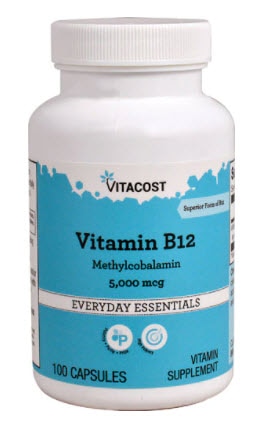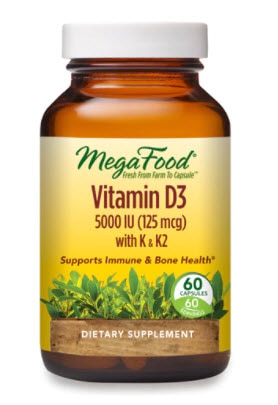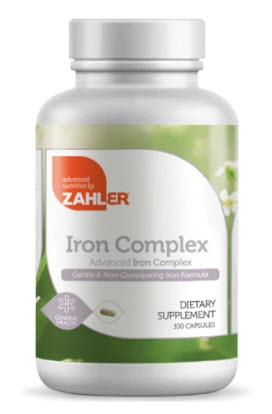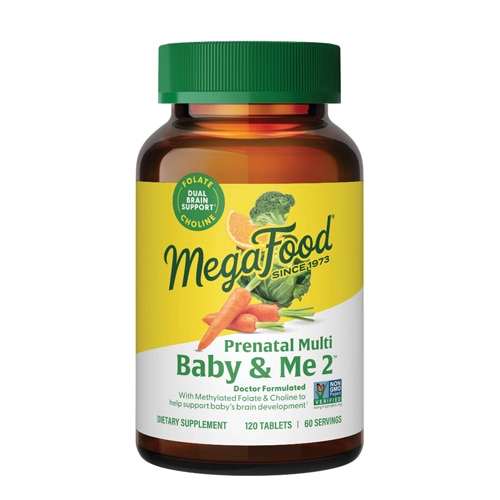The special health needs of women may dictate taking special vitamins.
“Adequate nutrition, a fundamental cornerstone of any individual’s health, is especially critical for women because inadequate nutrition wreaks havoc not only on women’s own health but also on the health of their children,”
according to the Population Reference Bureau.
Carol Haggans, a registered dietitian, says vitamins and other
dietary supplements can fill in gaps in women’s (and men’s) diets. Here are five vitamins that women should consider taking to contribute to proper nutrition.

Vitamins for Women
Folic acid/folate (vitamin B9)
The federal Office on Women’s Health
says all women who are pregnant or might become pregnant need 400 to 800 micrograms (mcg) of
folic acid from dietary supplements (typically prenatal vitamins) per day or from fortified foods like breakfast cereal. The agency points out that 45% of pregnancies in the U.S. are unplanned, making it critical for all women of child-bearing age to include folic acid in their diets.
According to the Office on Women’s Health, folic acid helps:
- Make blood cells and the DNA for new cells.
- Prevent certain birth defects called neural tube defects, which happen in the first three months of pregnancy.
- Prevent premature births and low birthweight.
Vitamin B-12
Some woman may not be getting an adequate of amount of v
itamin B-12 in their diets, the
Office on Women’s Health says. This vitamin helps generate red blood cells and helps cells in your brain and nervous system work correctly.
Here are three categories of women who may need to bump up their B-12 intake:
- Pregnant women. Vitamin B-12 aids in the development of an unborn baby. A lack of B-12 can lead to low birthweight or other health concerns.
- B-12 comes primarily from animal products, so women who stick to a plant-based diet may need to take a B-12 supplement. Also, a woman who is feeding her baby only breast milk may need to take a B-12 supplement to ensure the baby has enough of the vitamin.
- Women 50 and older. Our bodies cannot absorb vitamin B-12 as well when we age. Therefore, a woman in this age group may need to add B12 in the form of easier-to-absorb supplements or fortified foods.
Vitamin D
Vitamin D is a triple threat: It helps strengthen bones and prevents
osteoporosis, decrease cell inflammation and support immunity.
†
The Office of Women’s Health says
women who may need vitamin D supplements include those who are:
- Not getting enough sunlight.
- Black, Hispanic or Asian-American.
- Postmenopausal
- Obese
- Sufferers of inflammatory bowel disease or any other condition that makes it difficult for the gut to absorb fat.
- Former gastric bypass surgery patients.
Calcium
As you know, calcium — a key nutrient in milk — builds and protects bones. In addition, it aids communication between the brain and muscles. But for women, a sufficient amount of calcium also
decreases the risk of osteoporosis.
The Office of Women’s Health says girls age 9 to 18 need 1,300 milligrams (mg) of
calcium each day, while adult women need 1,000 mg. After menopause, a woman needs 1,200 mg of calcium daily to help slow age-related bone loss.
Iron
Iron builds blood cells, and helps produce hormones and connective tissue, according to the Office of Women’s Health.
The office says many women don’t get enough iron from food, putting them at risk of iron-deficiency anemia. That’s a problem for women who experience monthly periods, as women lose iron at those times. It’s also an issue for pregnant women, who require more iron to supply blood to their unborn babies.
According to the Office of Women’s Health, a woman needs:
- 18 mg of iron each day from age 19 to 50.
- 27 mg of iron each day during pregnancy.
- 8 mg of iron each day from above age 50.
†These statements have not been approved by the Food and Drug Administration. These products are not intended to diagnose, treat, cure or prevent disease.
Featured products:











